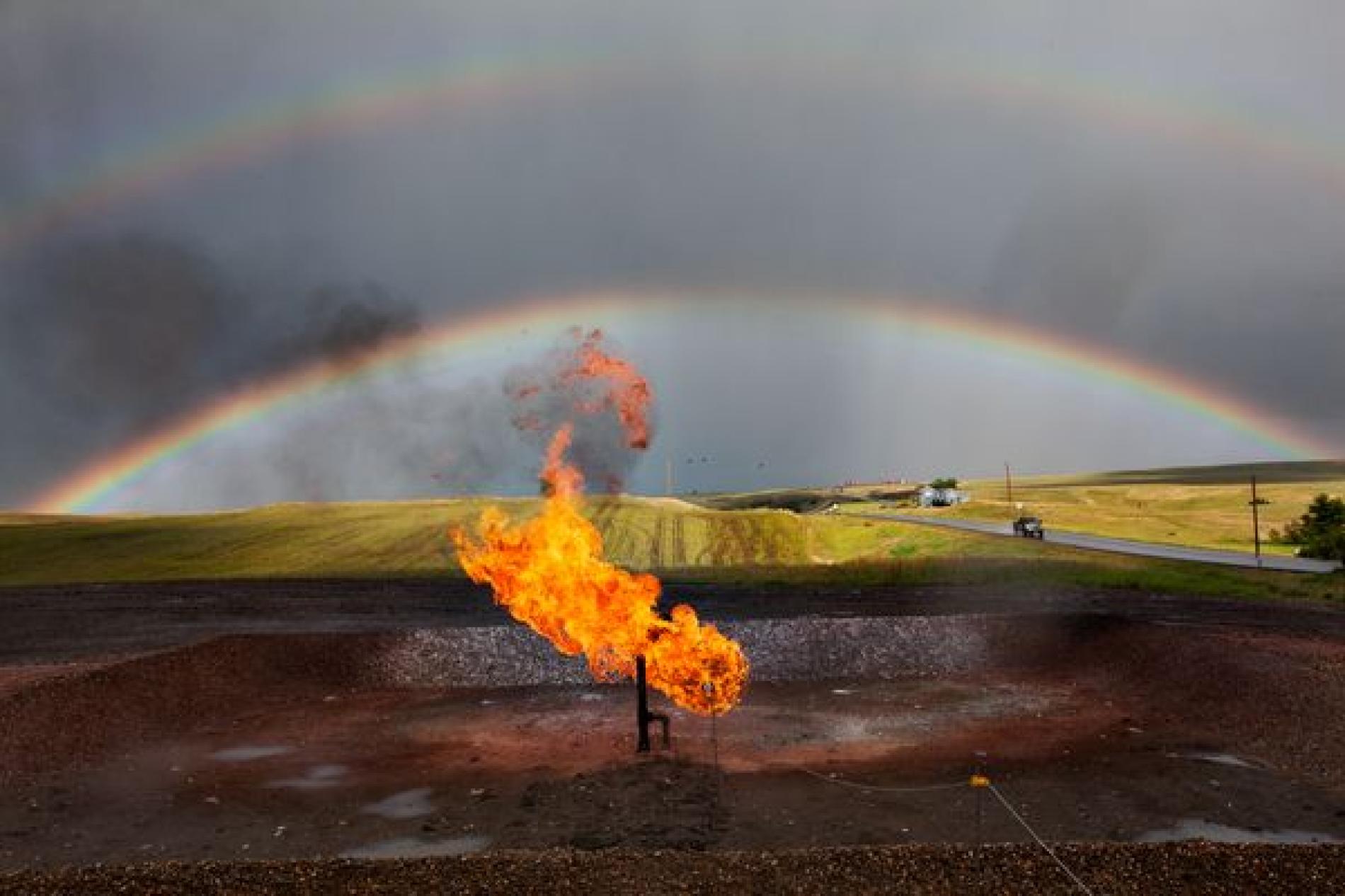
National Geographic
National Geographic (formerly the National Geographic Magazine and branded also as NAT GEO) is the official magazine of the National Geographic Society. It has been published continuously since its first issue in 1888, nine months after the Society itself was founded. It primarily contains articles about science, geography, history, and world culture. The magazine is known for its thick square-bound glossy format with a yellow rectangular border and its extensive use of dramatic photographs. Controlling interest in the magazine has been held by The Walt Disney Company since 2019. The magazine is published monthly, and additional map supplements are also included with subscriptions. It is available in a traditional printed edition and through an interactive online edition. As of 2015, the magazine was circulated worldwide in nearly 40 local-language editions and had a global circulation of approximately 6.5 million per month according to data published by The Washington Post (down from about 12 million in the late 1980s) or 6.7 million according to National Geographic. This includes a US circulation of 3.5 million.[5][6] (Wikipedia)
As the shale gas boom progresses in North America, and as other nations seek to develop their own gas reserves, communities around the world are engaged in fierce debates over whether to allow fracking and expand global trade of natural gas. The promise of jobs and economic benefits come up against concerns about the environmental and health effects of natural gas development, along with skirmishes over land rights. (See related post about recent live event in Vancouver: "In British Columbia, Mulling the Role of Natural Gas in a Sustainable Energy Future," and get perspectives from the participants on Vimeo.)
But at the heart of these debates lies a broader question about where we should be focusing our efforts to meet energy demand. Can natural gas can be considered a lower-carbon "bridge" fuel, as U.S. President Barack Obama and many others have billed it, or is it simply a continuation of our dependence on fossil fuels? Oil and gas magnate T. Boone Pickens argues on his website, "Natural gas is not a permanent solution to ending our addiction to imported oil. It is a bridge fuel to slash our oil dependence while buying us time to develop new technologies that will ultimately replace fossil transportation fuels."










